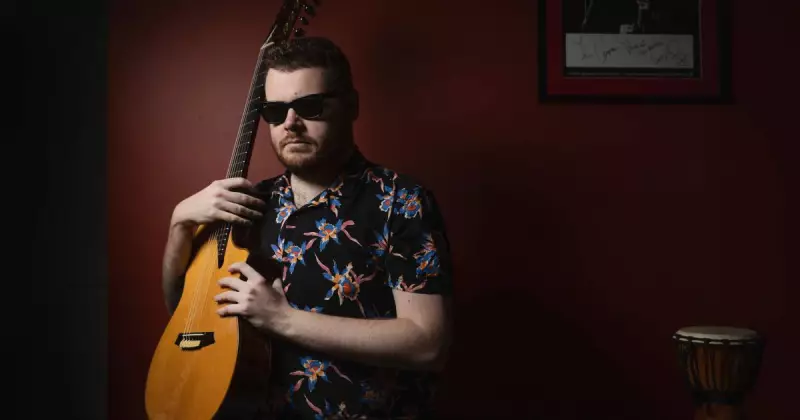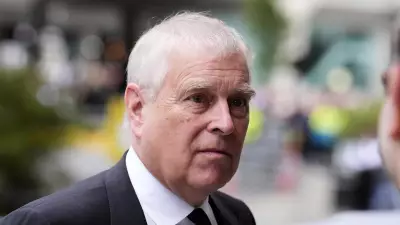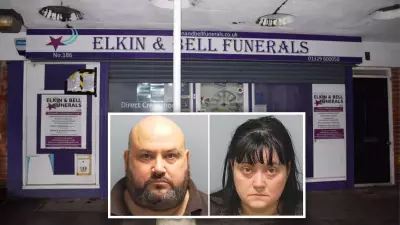
Newcastle singer Connor Wink is leading a powerful campaign to transform accessibility standards at live music venues and theatres across Australia. The 26-year-old visually impaired performer has partnered with Vision Australia to advocate for meaningful changes that would make entertainment spaces more inclusive for blind and vision impaired community members.
Personal experiences drive advocacy
Wink, who began singing at eight years old and later appeared on season 11 of The Voice Australia, understands firsthand the barriers that exist for people with vision impairments. His own experiences at venues have been inconsistent, ranging from manageable to completely inaccessible.
One particularly frustrating experience occurred during a performance of Jesus Christ Superstar in Sydney, where no audio description service was available. "I had no clue what the characters were physically doing while the music was happening, or the props and sets," Wink recalled, highlighting how much of the performance experience was lost without proper accommodations.
Digital barriers compound physical challenges
The accessibility challenges begin long before patrons arrive at venues, with Wink noting significant difficulties in the ticket purchasing process. Many venue websites prove challenging for screen reader software, creating barriers from the very first step of attending an event.
"When you are navigating a website all the ads pop up and interrupt what the voiceover is trying to say," Wink explained. "It is a bit discouraging because we all have the right to be independent regardless of our disability."
Vision Australia backs call for change
Chris Edwards, Vision Australia's general manager of advocacy, supports Wink's campaign and emphasizes that most venues don't adequately consider the diverse needs of their potential audience. "It really comes down to venues and their staff developing a culture that this event is not just for fully able-bodied people but for everybody," Edwards stated.
The organization has received multiple reports of vision impaired patrons attending events where staff lacked proper training to assist them or guide them to their seats safely. Edwards identifies comprehensive staff training as the foundation for improvement.
"It starts with training so people that work in those venues, whether it's from security to people that might support people getting to their seats, have a level of disability awareness training," he emphasized.
Comprehensive accessibility improvements needed
The campaign outlines several key areas for improvement that would significantly enhance the experience for vision impaired patrons:
- Staff training in proper guiding techniques and disability awareness
- Improved ticketing arrangements for accessibility needs
- Clear communication about accessible and inaccessible venue features
- Audio description services for performances
- Better website design compatible with screen readers
- Designated contact persons for accessibility inquiries
Edwards notes that while features like increased lighting, large print signage, audio announcements and audio description are important, venues must also effectively communicate what accessibility features are available to potential patrons.
Wink remains optimistic that change is possible and necessary. "I want everyone to be able to enjoy music and theatre without being worried about potential barriers," he said, reflecting the campaign's core message of inclusion and equal access to cultural experiences.





